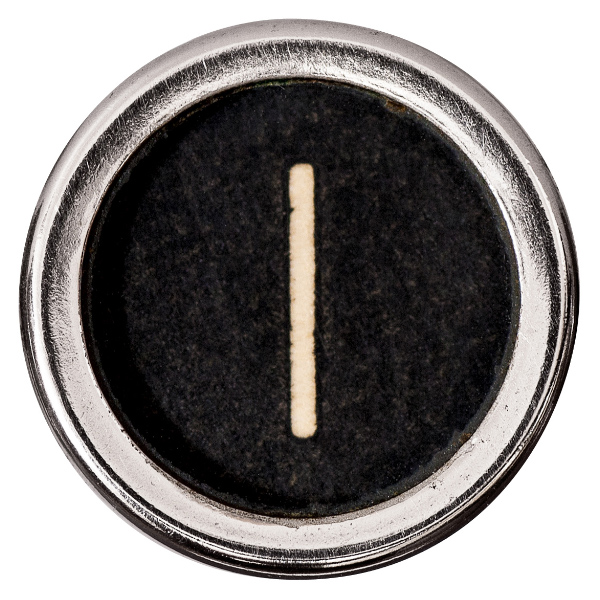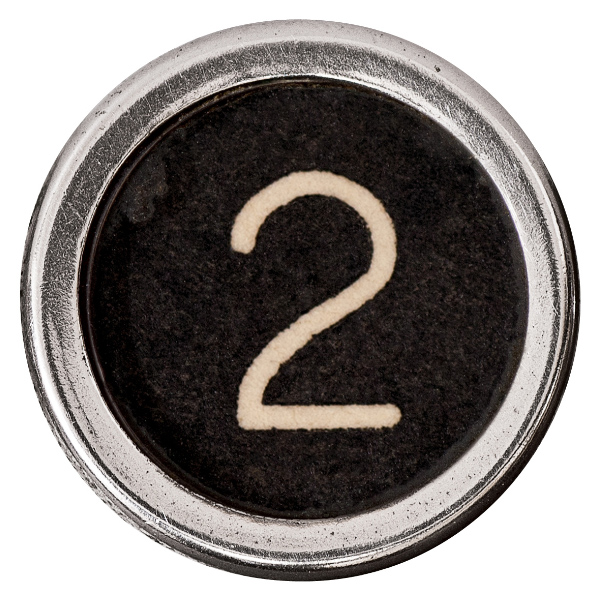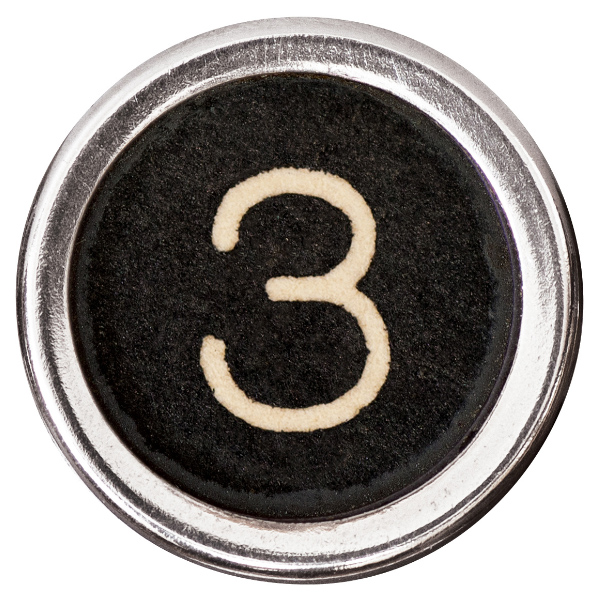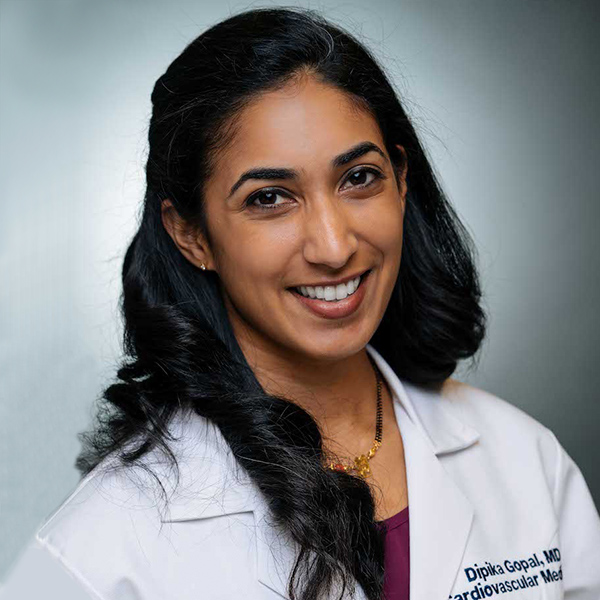Lessons Learned: Tips For the Job Search

Throughout my entire medical training, I had been fixated on one thing: becoming a noninvasive cardiologist. However, as I started the job search, I had to think for the first time about the nuances of what I want my job to look like and what practice environment would be best for my professional growth. This journey has been challenging, but rewarding and worthy of reflection.
I want to share with you what I have learned along the way.
Thinking Ahead
You may hear people say, "It is never too early to start looking for a job." I think that is partly true. In general, it is never too early to think about your dream career and to reach out to people who might help you succeed.
On the flip side, unlike residency and fellowship training, there is no set timeline. The job search process is continuous and to be honest continues even after you have signed your first contract.
But where do you begin?

Form your "Board of Directors."
Your "Board of Directors" are a carefully selected group of individuals who each have a specific role: coach, mentor, sponsor and trusted colleague. A coach is someone who helps you learn about yourself and encourages you to become the best version of yourself. A mentor serves as a role model. Sponsors are those who nominate you for speaking engagements or other opportunities to help promote your career. Your trusted colleagues are your sounding boards.

Identify three skills you want to achieve by the end of the fellowship.
Here is where you identify what expertise will be the most important for you to excel at your dream job. For example, if you are interested in cardiac imaging, you may want to pursue extra time in echo, MRI and CT. If you have an interest in prevention, you may consider focusing on coursework in statistics, genetics and lipidology. Explore advanced training options like a Master's in clinical or basic science research or education early on so that you can arrange funding and time for them.

Soul searching.
This is arguably the hardest of the tasks. Dig deep and think about what environment would help you succeed the most – academics, private practice or hybrid health systems. This may be a time in your life where working part-time rather than full-time is beneficial. Think about proximity to family and geographic preferences, and how you would prioritize those factors. Making ranked lists of priorities with a significant other who may also be looking for a job is crucial.
It's a Small World

It is amazing how serendipity can, and likely will, play a huge role in finding your first job. Cardiology is a small community and the person whom you least expect may have a best friend, old med school buddy or prior mentor at an institution you want to be at.
For that reason, it is important to share your goals when you network. Networking can happen locally within your program and globally at national meetings like ACC's Annual Scientific Sessions. The Fellows in Training lounge at ACC's meetings continue to have great programming, which may involve a future colleague or mentor.
Do not hesitate to be open with your mentors even when you are considering opportunities at your home institution or elsewhere. Your program will be rooting for you to stay but ultimately wants what is best for you.
The Interview

Remember that while the program is interviewing you for a position, you are also interviewing them to make sure it is the right fit for you.
Ask the hard questions:
- What is the culture of the group?
- How does the practice address problems or safety issues that come up?
- What will be my role and responsibilities in this practice?
- What percentage of time will be devoted to procedures and clinic?
- What is expected in terms of teaching and research?
- What are the opportunities for promotion and career advancement?
You will be surprised by the amount of information you can gather, not just in the response to these questions, but how they answer them. I would recommend interviewing at several different types of programs to get a sense of the job climate, practice patterns and compensation models.
Making a Decision

This is the hardest part. Each of you will have your own path. What helped me the most was a question I was posed during an interview at my home institution. He asked:
"Fast forward 20 years, you are sitting in the audience ready to receive your career achievement award. What would they say about you?"
This question really resonated with me and forced me to think about my career and life priorities. I hope this question can be helpful for you, as well.
Ultimately, do not be afraid to do what is right for you, regardless of what other people think.
Also, keep in mind that nothing is permanent. Know that it is healthy to be aware of opportunities around you to ensure you are still maximizing your potential for growth.
Most importantly, enjoy the process – it always has a way of working itself out!

